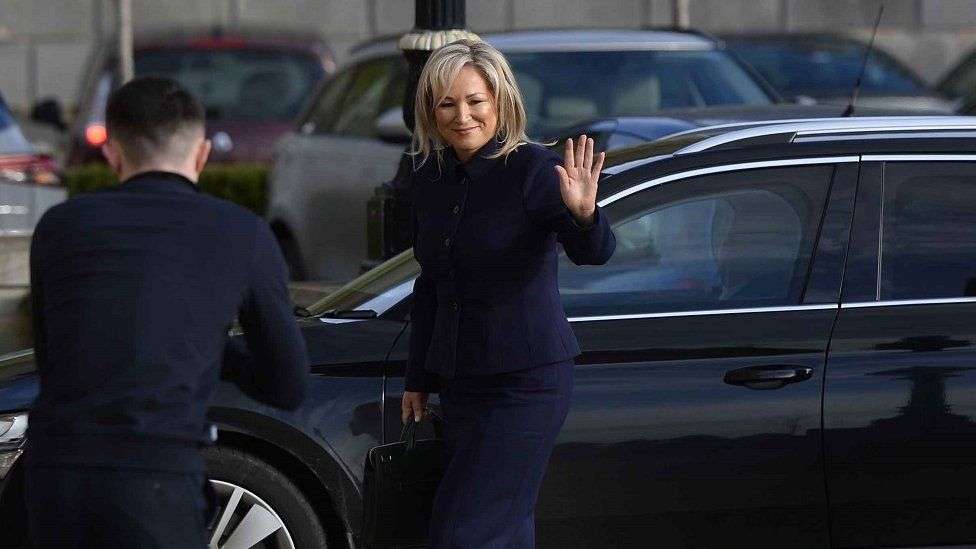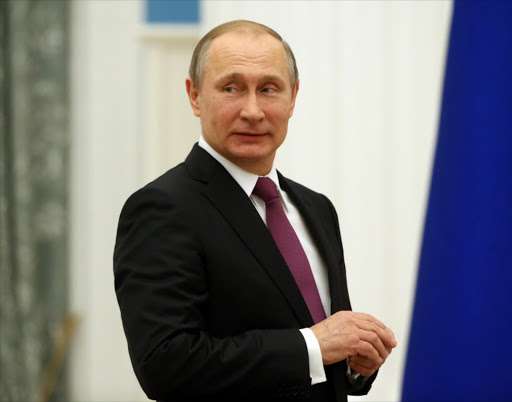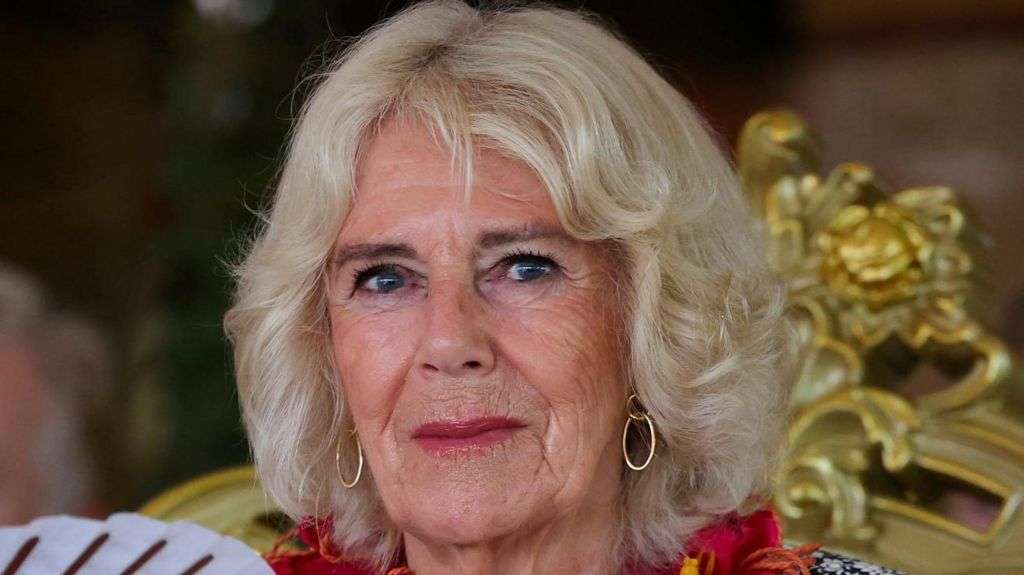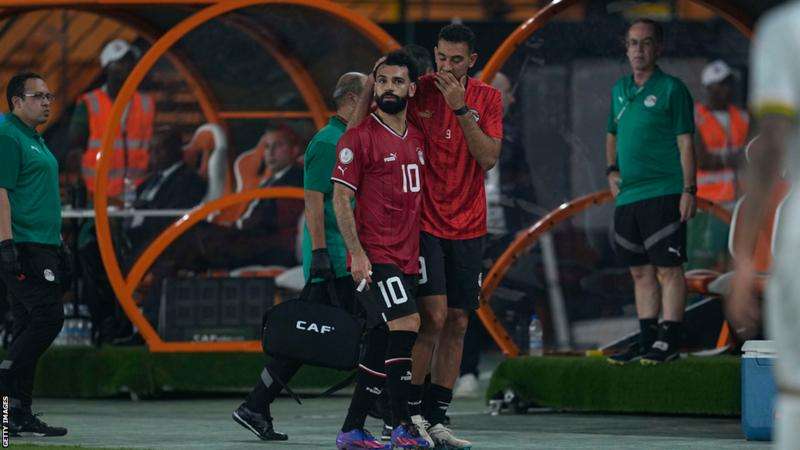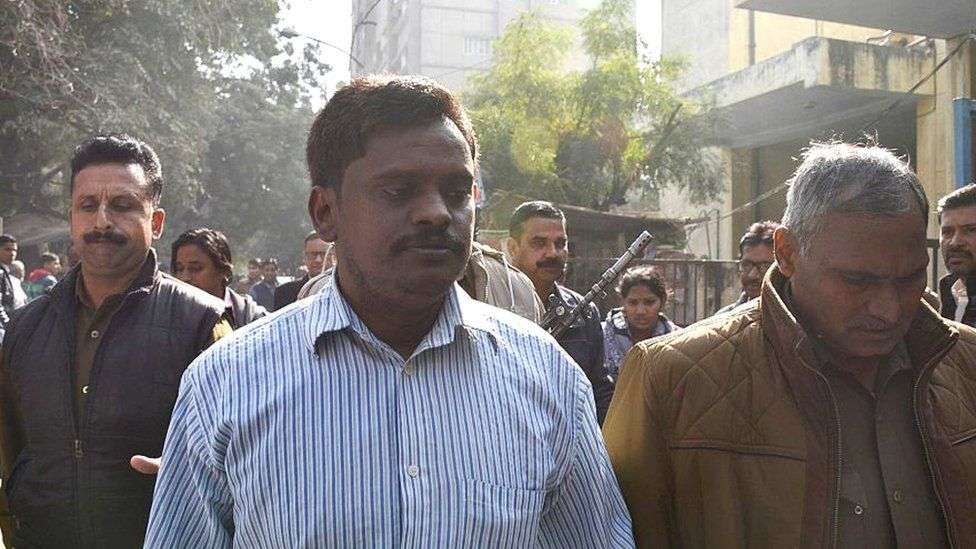Northern Ireland's devolved government is set to be restored - two years to the day since it collapsed.
A meeting of the legislative assembly at Stormont in Belfast will be held on Saturday at 13:00 GMT to revive the power-sharing institutions.
For the first time, the role of first minister in the executive will be held by an Irish nationalist.
Stormont's recall follows the Democratic Unionist Party (DUP) ending its boycott over Brexit trade rules.
It is exactly two years since the DUP withdrew its first minister in protest against extra checks and paperwork for goods moving between Northern Ireland and Great Britain.
The move collapsed the power-sharing executive and the party since then has been blocking a restoration of the institutions.
But on Monday the DUP agreed to return to Stormont after a deal with the government aimed at addressing unionist concerns over Northern Ireland's place within the UK internal market.
What happens on Saturday?
Members of the legislative assembly (MLAs) have begun arriving at Stormont ahead of the sitting.
The first order of business for MLAs will be to elect a new speaker.
Outgoing speaker, Sinn Féin's Alex Maskey, said his retirement had been a long time coming.
Once the speaker is elected, the parties entitled to jointly lead the executive - the body that makes decisions and policy in Northern Ireland - will make their nominations to ministerial positions.
For the first time Sinn Féin will nominate a first minister because it won the most seats in the last assembly election in May 2022. The Irish republican party's vice-president Michelle O'Neill is set to take up the role.
The DUP, as the largest unionist party, will nominate a deputy first minister for the first time. It has been speculated that Emma Little-Pengelly may be nominated but the DUP has not confirmed its plans.
Although the first and deputy first ministers hold a joint office and have equal power, Ms O'Neill becoming the first republican first minister of Northern Ireland is being seen as a landmark moment for Irish nationalism.
Ahead of the assembly sitting there has also been speculation about which departments Stormont parties may take.
The Alliance Party - the third-largest in the assembly - has confirmed that they will nominate a minister and enter government.
The post is decided using a cross-community vote rather than the D'Hondt mechanism, which determines how many of the other seven departments each party is entitled to and the order in which they pick.
The Ulster Unionist Party (UUP) confirmed it would take up a role in the executive, instead of entering an official opposition.

Stormont isn't the only thing back up and running today
A number of park runners around Parliament Buildings have been giving their opinion ahead of the return of devolved government.
There is relief and also anger from some runners who have not seen a functioning executive since February 2022.
Teacher Hannah Gay was one of thousands of public sector workers across Northern Ireland who have taken part in industrial action over pay and conditions in recent weeks.
"I don't get paid if go on strike," Ms Gay said.
"They may be going back to Stormont, but for me I'm still angry. It's too little, too late."
Another runner, Lisa Burns from Belfast, told the OceanNewsUK she is relieved to see assembly members taking their seats and said they have a lot of work to be getting on with.
"The first thing I want them to do is sort out our transport infrastructure," she said.
"I'm here running alongside a lot of friends who work for the NHS and more investment is needed there - we have highest hospital waiting times than anywhere else in UK."
Meanwhile, public sector workers have gathered at the front gates of Stormont's parliament building to protest as part of their ongoing pay disputes.
Unite regional representative Kieran Ellison said the return of devolution is a "step in the right direction".
'Hopeful'
"Now the politicians are off strike they can help us stop our strike action. We are here to be heard and find out if the money required to settle the dispute is available," he said.
Another union representative, Melanie from Unison's education branch, said she is "hopeful it won't fall apart again".
"[I'm] happy they're back and want to remind them we're still here. We haven't removed our threat of industrial action and remain on action short of strike," she added.

Who will be the opposition at Stormont?
The Social Democratic and Labour Party (SDLP) - the fifth-largest party in the assembly, with eight assembly members - does not qualify to be part of the next executive and instead will go into opposition.
SDLP assembly member Matthew O'Toole said the party wanted to make the institutions "work effectively for the people of Northern Ireland".
What's in the DUP's deal?
The DUP's deal with the UK government will reduce post-Brexit checks and paperwork on goods moving from the rest of the UK into Northern Ireland.
It means there will no longer be "routine" checks on goods from Great Britain which are being sent to Northern Ireland and staying there.
The deal followed the DUP calling for changes to previous arrangements agreed by the UK government and EU under deals known as the Northern Ireland Protocol and Windsor Framework.
It argued that the rules diminished Northern Ireland's place within the UK internal market.
A return of a Stormont executive will also see the UK Treasury release a £3.3bn package which would help support struggling public services in Northern Ireland.
A number of strikes involving nurses, teachers, civil servants, and thousands more have taken place in recent weeks over pay and conditions.
Election results
In the last assembly election in May 2022, Sinn Féin became the largest party at Stormont for the first time, pushing the DUP into second place.
But Stormont's structures for power-sharing between unionists and nationalists mean an executive cannot be restored without the support of both parties.


